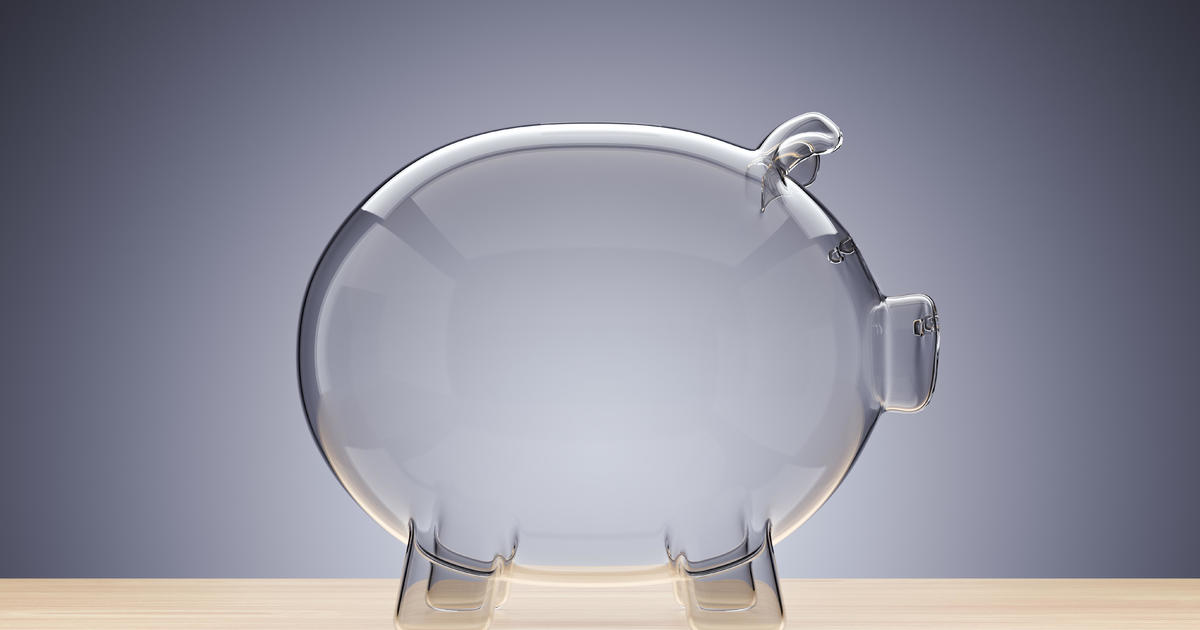Start Paying Off Debt!
BOSTON (CBS) - According to Census Bureau estimates, there are more than 1.4 billion credit cards currently in circulation in the U.S. The average consumer is carrying eight (7.7) credit cards.
The Federal Reserve reports that credit cards are used more than 20 billion times a year in the U.S. with the total value of these transactions at about $1.9 trillion. This is big business.
According to The Fair Isaac Company, 37% of consumers who use credit cards carry more than $10,000 of debt.
And those with the worst debt don't know how much the debt they have. They have a general idea of the amount but they don't want to know. If they don't know, maybe it will go away. If you are serious about getting out debt, you need to know how much debt you actually have.
If you are coupled, you really need to do this together. It will not be successful if only one of you considers the debt a problem.
Make a list of all of your debt. List each credit card and in separate columns list the interest rate and how much you owe on each card. Seeing it in writing often times is motivation to do something about it.
Get copies of your credit reports and credit scores. Correct any mistakes and begin the process of improving your credit score.
Contact each of the credit card companies and ask them to lower the interest rate on your cards. Take a pledge to stop using your credit cards. No more charges until the debt is paid off. Use cash.
Begin to pay off the credit card with the highest interest rate aggressively. If you have cards with small balances pay those off. If you have a card with a very low interest rate consider transferring your balance from your other cards to that one. Check what the transfer fees will be before transferring.
If you can't manage it on your own consider using National Foundation for Credit Counseling.
One more thing: Always pay your bills on time! Those late fees are expensive and they leave bad marks on your credit history and affect your credit score as well.
When you have paid off a card, consider canceling it. I did say consider for that could affect your credit score. Your score has many facets to the formula and one of the criteria looked at is the amount of debt you are carrying compared to your limit. They do not look with favor at someone who has maxed out their credit cards.
Good book: Deal with Your Debt by Liz Pulliam Weston
....................
You can hear Dee Lee's expert financial advice on WBZ NewsRadio 1030 each weekday at 1:55 p.m., 3:55 p.m., and 7:55 p.m.
Subscribe to Dee's Money Matters newsletter here.







